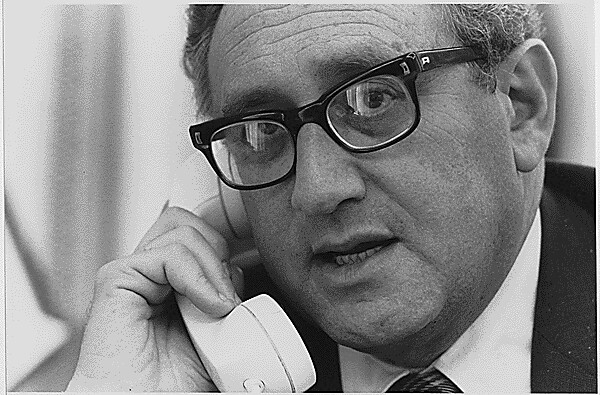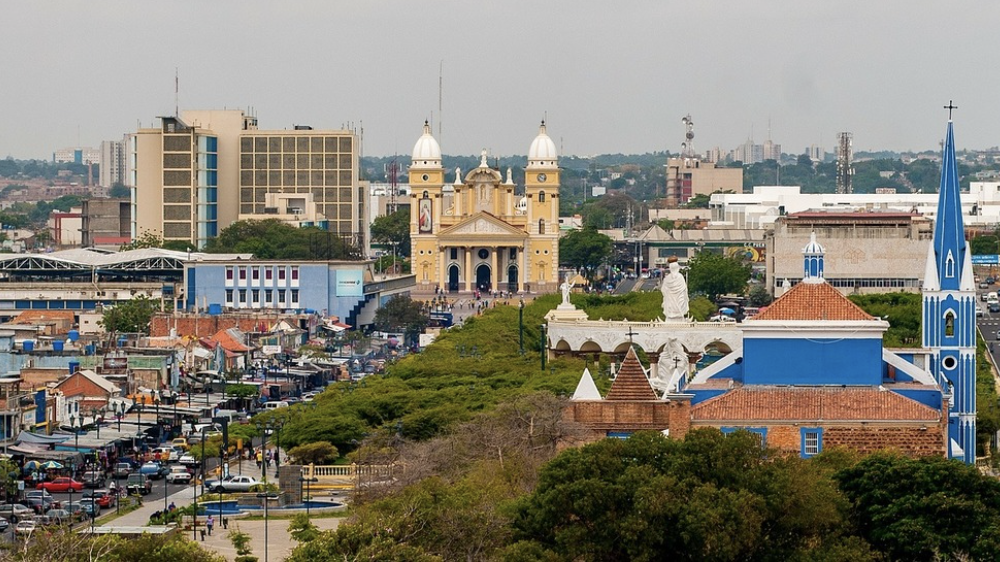
Henry A. Kissinger was the mastermind behind the engineering of United States foreign policy in the early 1960’s through the the current administration. He opened communication with China, handled negotiations for soldiers exiting Vietnam, and by utilizing cunning and unmatchable intellect established American relations with the Soviet Union during the Cold War. He died last month in Connecticut at the age of 100.
Only few diplomats have been as celebrated and criticized as Kissinger. One of the most powerful Secretaries of State post-World War II, he was hailed as an ultra-realist who molded American diplomacy mirroring the people’s interests.
During his time, he has advised twelve presidents ranging from John F. Kennedy to the current Joseph R. Biden Jr. During a critical moment in American history and diplomacy, he was second in power to President Richard Nixon, joining the White House in January 1969 as its National Security Adviser and was soon appointed as the Secretary of State four years later, keeping both titles. After Nixon resigned, he stayed in the position under President Gerald R. Ford.
Kissinger’s secret negotiations with “Red China” back then led to Nixon’s most famous foreign policy accomplishment. While initially intended as a Cold War plan to isolate the Soviet Union, the result carved the pathway for one of the most complex relationships in the world.
For several decades, Kissinger remained America’s most prominent voice in overseeing the rise of China and the subsequent economic, technological, and military challenges it posed. He was the only American to deal with all that nation’s leaders from Mao Tse Tung to Xi Jin Ping. When he visited Xi and other Chinese leaders in Beijing this July, despite the growing adverse relations with Washington, Kissinger was treated like royalty.
That’s not to say that his actions were all problem-free. While his death evoked many reflections about his controversial legacy in shaping the Vietnam War (a war criminal or a political genius?), there is no doubt that the legacy of Kissinger and his political ramifications will last for the remainder of history.































